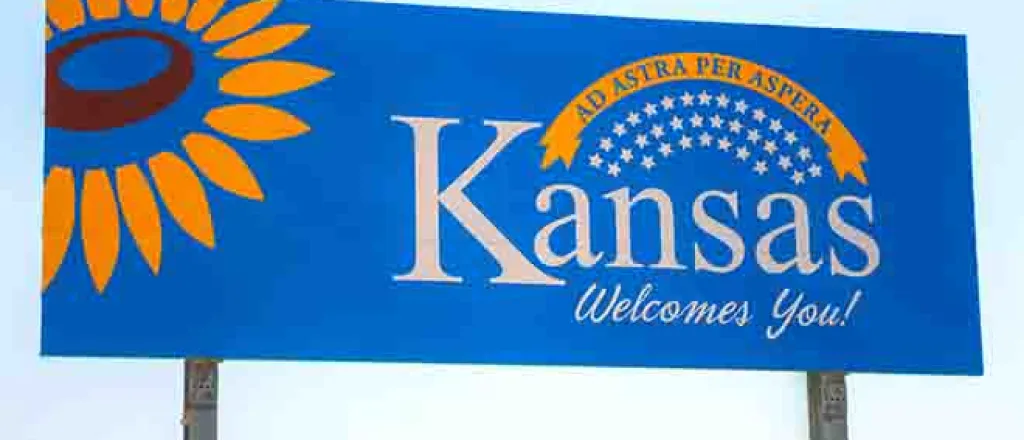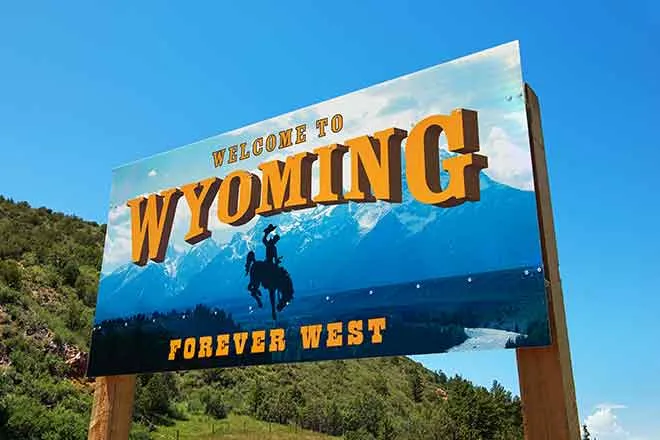
Federal judge rules Kansas Highway Patrol vehicle search tactic unconstitutional
(The Center Square) – If you’re from a state with legalized recreational or medical marijuana and traveling through Kansas, the Fourth Amendment prohibits the Kansas Highway Patrol from searching you for drugs during a traffic stop.
That’s the conclusion from U.S. District Court Judge Kathryn Vratil in a 79-page memorandum and order in two civil suits filed in Kansas.
Judge Vratil began her order by highlighting 23 states and the District of Columbia have legalized recreational marijuana, including Colorado to the west and Missouri to the east.
“Meanwhile, in the name of drug interdiction, the Kansas Highway Patrol has waged war on motorists – especially out-of-state residents traveling between Colorado and Missouri on federal highway I-70 in Kansas,” Vratil wrote. “As wars go, this one is relatively easy; it’s simple and cheap, and for motorists, it’s not a fair fight. The war is basically a question of numbers: stop enough cars and you’re bound to discover drugs. And what’s the harm if a few constitutional rights are trampled along the way?”
The Fourth Amendment protects citizens from “unreasonable searches and seizures,” but Vratil wrote the Kansas Highway Patrol developed a work-around “which exploits fundamental precepts of the American legal system, along with the ignorance and timidity of the motoring public.”
Judge Vratil described a practice known as the “Kansas Two-Step.” After concluding the traffic stop, the officer re-engages the driver in conversation to keep them from leaving and give more time to enable the trooper to develop a reasonable suspicion for a search or make another attempt to get the driver to give consent. If the driver continues to refuse, the officer can conduct a search and claim they had a reasonable suspicion all along, the ruling stated.
“Now that both states have legalized recreational marijuana, any traveler on I-70 between Colorado and Missouri – that is, anywhere on I-70 in Kansas, traveling in either direction – is by definition traveling both to and from a ‘drug source’ state,” Vratil wrote. “And it doesn’t stop there: according to KHP troopers, all major cities are also drug sources. As a result, all drivers on I-70 have moving targets on their backs.”
Sharon Brett, legal director of the ACLU of Kansas, said the ruling sends a clear message to the Kansas Highway Patrol about the fundamental rights of all traveling through the state.
“This is a huge win – for our clients and for anyone else who travels on Kansas highways,” Brett said in a statement. “We are gratified that the Court saw the ongoing harms of KHP’s unconstitutional practices and stepped in to stop the department’s widespread misconduct. Today’s decision validates that motorists’ constitutional rights cannot be cast aside under the guise of a 'war on drugs.' It also demonstrates that courts will not tolerate the cowboy mentality of policing that subjects our citizens to conditions of humiliation, degradation, and, in some tragic cases, violence.”
Vratil also ordered a “special master” to oversee a four-year program to review audits of compliance to determine if the ruling “is effective in achieving constitutional policing.”
















